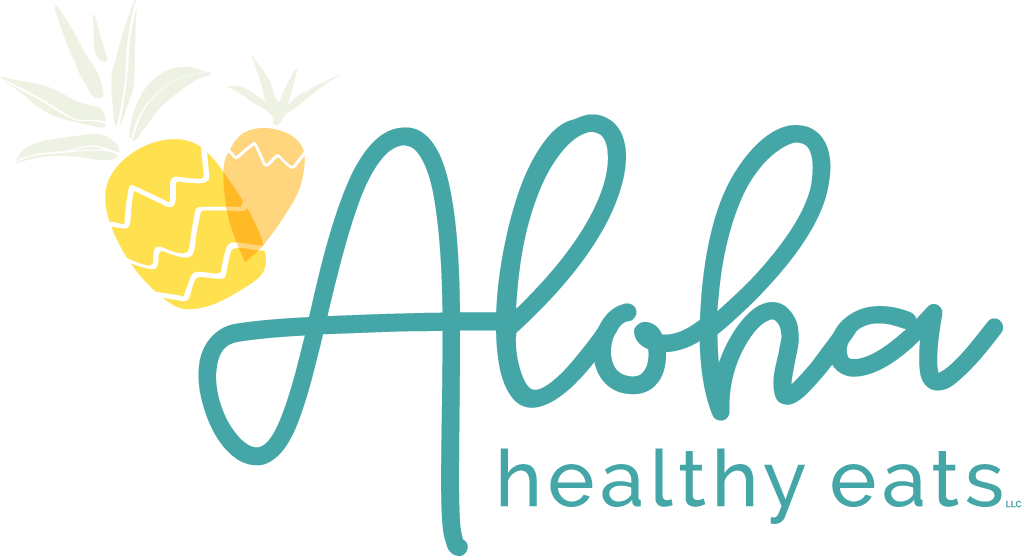Recommendations for Controlling Blood Sugar
I'm a life long lover of sugar and chocolate. I quit my job at an international accounting firm to attend patisserie school! I used to eat sugar and chocolate every day. Now when I do have sugar or chocolate it is in MUCH smaller quantities and it is not daily. I rarely if ever eat refined sugar. Starting in 2016 when I choose to eat sugar it is in the form of raw local honey, real maple syrup, or coconut sugar. When I eat chocolate it is dark and organic.
Sugar is a stimulate and our bodies react to it like a drug, and can be extremely addictive. Craving sugar is a sign from your body that something is not functioning properly. Often times there are signs that may seem unrelated to you eating that candy bar.
When our blood sugar spikes due to ingestion of processed foods, refined sugar, or massive carbohydrate intake our body has to react. Our blood sugar can also spike in times if extreme stress and environmental toxicity. Our pancreas releases insulin which starts the process of decreasing our blood sugar. But this is not a precise event. It may overshoot and then our blood sugar plummets too far. Our pancreas again has to come to the rescue and release glucagon, a hormone, that in conjunction with our adrenal glands and liver support our body to bring up blood sugar levels to the safe zone. This process of swings is stressful on our system and imagine what months and years of this does to our pancreas, liver, and adrenal glands.
When you consume excess sugar the glucose (sugar in your body) is stored as triglycerides in the adipose tissue, basically think in your fat.
According to Sarah Ballantyne (2017): Eating diets high in refined carbohydrates can cause acute hyperglycemia. Chronically elevated blood glucose is called chronic hyperglycemia, and it is a diagnostic criterion for diabetes. Chronically high blood sugar can cause serious damage throughout the body. Thus, keeping blood sugar levels within a healthy range is easy if we limit ourselves to whole-food sources of carbohydrates and eat them as part of a meal that includes animal protein and non starchy veggies.
If any of the following sound like you, then you might want to focus on controlling your sugar intake and let your body reset.
Do you crave something sweet, especially in the afternoons?
Is your appetite more robust than normal for your age/activity?
Do you hit a slump in the afternoon, tired, brain fog?
If you skip a meal, do you find you have a dull headache or do you shake?
Do you wake up in the middle of the night and have a hard time falling back to sleep?
The average American consumes over 160 pounds of sugar each year. That is a LOT of sugar. The graphic below focuses mainly on food sources to help with blood sugar regulation. But there are a few lifestyle recommendations to help balance your blood sugar as well. First and foremost is stress and sleep, focus on decreasing your stress and increasing your quality sleep. Try taking a walk, doing yoga, or short meditations. Personally, I love the Calm app and use it for 10 minute meditations. Second, don't over exercise to the extent of utter exhaustion and intense physical stress. Third, attempt to clean up your environment and personal care products. Opt for less toxic brands, read labels, and ensure your water is as clean as possible. Lastly, work on your gut's microbiome by adding some probiotics and making sure your meals are well balanced.

I am not a doctor and my recommendations are for general educational purposes only. I am not treating or diagnosing any illness.
Ballantyne, Sarah. (2017). Paleo principles. Victory Belt Publishing, Inc.
Nutritional Therapy Association. (2020). Blood Sugar Regulation Student Guide PDF document.

